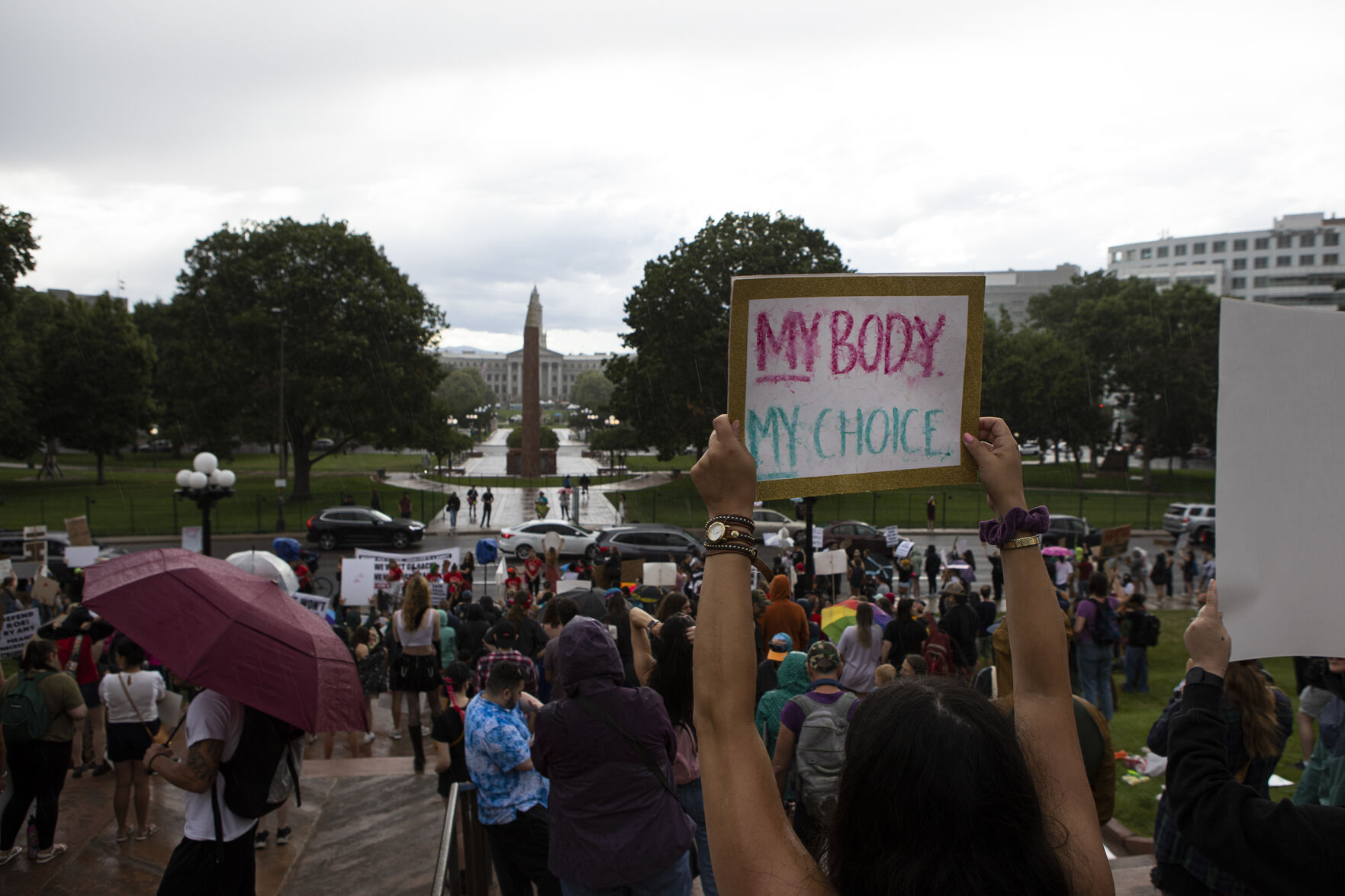Colorado medical boards propose not banning ‘abortion reversal’ treatment

Democratic state legislators passed a law this year to prohibit so-called “abortion reversal” treatment, moving to make Colorado the first state in the nation to ban the controversial practice.
But that plan now faces a major hurdle from state medical boards.
Senate Bill 190, signed in April, classifies abortion reversal treatment as unprofessional conduct, subjecting medical workers who provide the treatment to professional discipline. But the bill allowed abortion reversal to be reclassified as professional conduct if the state medical, nursing and pharmacy boards all agree that it’s a valid medical practice.
In a draft rule, the boards did not declare abortion reversal as an accepted practice – but they also declined to punish medical workers just for providing abortion reversal treatment. Instead, the draft proposes that the boards should review individual complaints to determine if specific instances of abortion reversal qualify as unprofessional conduct.
“The board does not regularly adopt rules establishing a single standard of care applicable to all situations,” the draft says. “The board will investigate all complaints related to medication abortion reversal in the same manner that it investigates other alleged deviations from generally accepted standards of medical practice.”
The three medical boards held a meeting Friday to collect public feedback on the draft rule, garnering mixed responses from attendees.
Sponsors of SB 190, Rep. Karen McCormick and Sen. Faith Winter, spoke at the meeting, criticizing the boards for allegedly not following the instructions the law gave them.
“Your only task was to determine if at this time, in the practice of medicine, abortion pill reversal is a generally accepted standard of practice, scientifically based,” McCormick, D-Longmont, said. “If you are able to say that, then that is what goes into the rules. Otherwise, the law stands as is and abortion pill reversal is considered unprofessional conduct.”
McCormick and Winter asked the boards to re-examine the law’s instructions and revise their draft rule. The boards have until Oct. 1 to adopt final rules.
Abortion reversal treatment has been hotly debated in the medical community for years. The idea is that taking the hormone progesterone can stop a medication-based abortion after a patient has completed the first part of the two-step process.
Supporters of the treatment point to a small-scale 2012 study, which found that four of six women who had begun medication abortions were able to carry their pregnancies to term after taking progesterone. Subsequent research has concluded there is insufficient evidence to support abortion reversal treatment, attributing successful pregnancies to the results of simply not taking the second abortion pill.
A larger 2019 University of California study attempted to test the effectiveness of abortion pill reversal, but the study was ended prematurely due to safety concerns after three participants required ambulance transport to a hospital for treatment of severe vaginal bleeding, NPR reported. The American College of Obstetricians and Gynecologists also rejects prescribing progesterone to reverse abortions, saying it is “not based on science and do not meet clinical standards.”
On Friday, opponents of abortion reversal said the boards must adopt rules to protect women from being pushed into partaking in a medically-unfounded practice, while proponents argued that the boards should preserve an option for women who change their minds after starting the process of a medication abortion.
“All medicines were once experimental medicines,” said Joelle Campbell, a registered nurse, in support of the draft rule. “The state has no authority to weaponize their political beliefs to prevent ethical, clinical use of off-label drugs.”
“To allow consideration of this rule is dangerous and would compromise patient care and safety,” responded Dr. Sarah Peterson, an OB-GYN who argued against the draft rule. “There should be no reason to examine each instance on a case-by-case basis, as there is no abortion reversal treatment that is based in science or that meets any generally accepted clinical standards.”
The debate on the draft rule was largely split among anti-abortion and abortion-rights activists. Representatives from Democrats for Life and crisis pregnancy centers supported the draft, while opponents included members of the Center for Reproductive Rights, Colorado Organization for Latina Opportunity and Reproductive Rights (COLOR), New Era Colorado and Cobalt.
The three medical boards will continue accepting public feedback on the draft rule, which can be submitted by emailing dora_dpo_rulemaking@state.co.us.
The boards will also meet separately throughout the summer to discuss whether to adopt the draft rule: the medical board on Aug. 17, the nursing board on Sept. 20 and the pharmacy board on Sept. 21.














